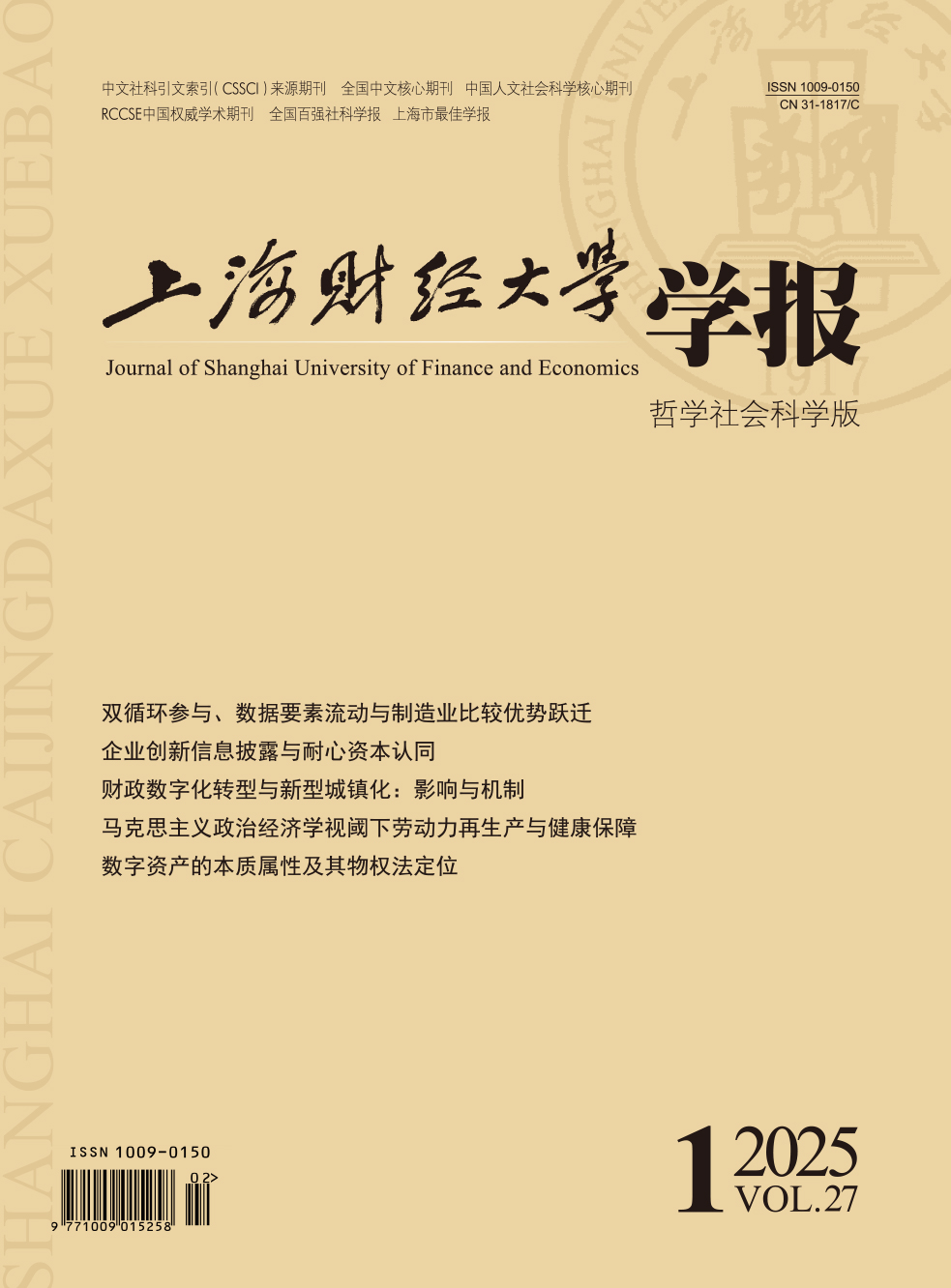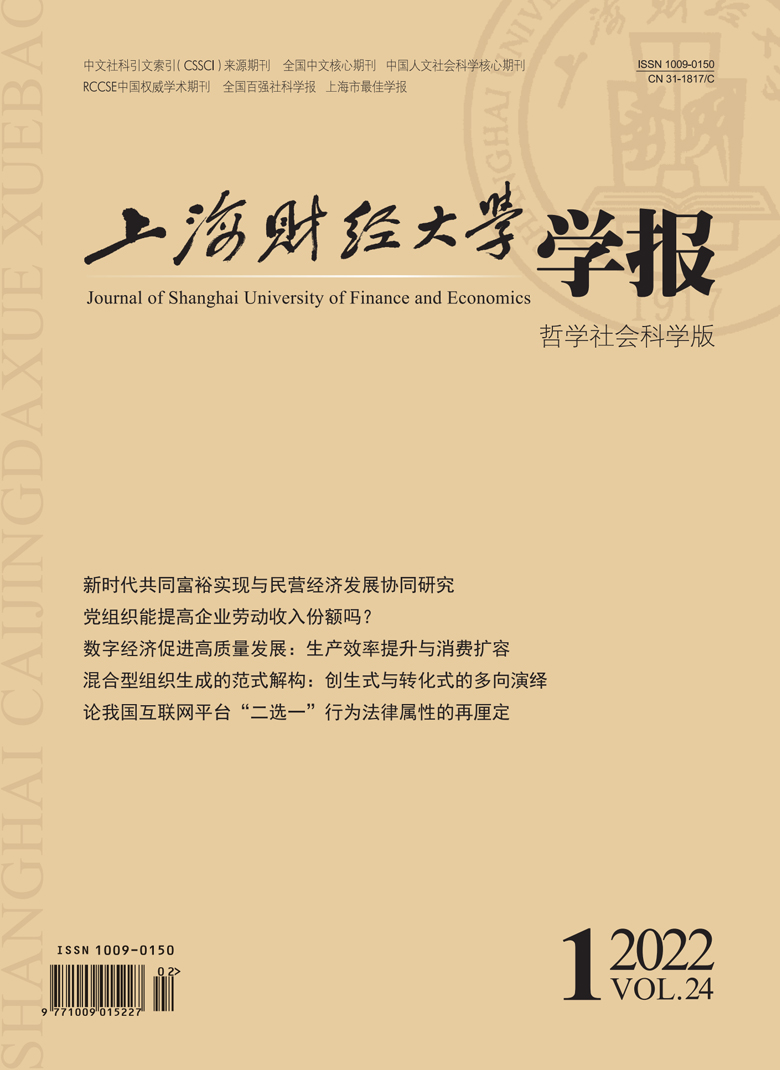In order to protect the rights and interests of online consumers, China’s legislation sets strict legal liabilities for e-commerce platforms, but the proportion of consumers getting compensation in judicial precedents is very low. Through three cases of single joint and several liability, two cases of single fault liability, and three cases of joint and several and fault composite liability, different types of liability are faced with the uncertainty of terms such as “know” and “necessary measures” in judicial determination, which also reflects the normative conflict between economic law and civil law on the same matter. From a comprehensive point of view, the practical disputes reflect the pedigree of legislative problems in four aspects: First, judging whether the platform is fully joint and several according to the knowledge of the damage, is in conflict with the joint and several liability only for the expanded part established by the civil law. Second, there is an obligation for the platform to actively find illegal operations in legislation, but there is a lack of fair operating standards. Third, whether the scope of joint and several liability undertaken by the platform can reach punitive damages, whether it is limited to the liability for the seller’s damage, and the specific recovery method after joint and several are not clear enough. Fourth, in terms of the standard of subjective knowledge of the identification platform, the legal interpretation technically excludes the presumption of “should know” and the rational use of information outside the case, which seriously dismembers the original meaning of legislation. Fundamentally speaking, this is the specific embodiment of the legal conflict caused by the platform being only identified as the third party in the consumer contract relationship, ignoring the substantive impact of its mastery of data information and algorithm technology on consumer transactions, and its specific economic law obligations are not fully considered when incorporated into the civil liability system. Therefore, we should take the information service relationship between the platform and both parties of consumer transactions, and the transaction relationship with operators and consumers as a whole. Based on the overall role of the platform before and after the transaction, grasp the substantive impact of the platform’s use of informational interest relationship on commodity service transaction conditions, re-recognize the active discovery obligation of the platform according to law, and specify specific operation standards and procedures; open up the information circulation channels for illegal operations among the government, other platforms and social subjects; make use of the institutional opportunity between the external and internal relations of joint and several liability, optimize the undertaking and recovery mode of joint and several liability, and finally form a platform liability legislation to adapt to the healthy development of network economy.
 / Journals / Journal of Shanghai University of Finance and Economics
/ Journals / Journal of Shanghai University of Finance and EconomicsJournal of Shanghai University of Finance and Economics
LiuYuanchun, Editor-in-Chief
ZhengChunrong, Vice Executive Editor-in-Chief
GuoChanglin YanJinqiang WangWenbin WuWenfang, Vice Editor-in-Chief
Improvement of E-commerce Platform Responsibility Legislation for Consumer Protection from the Perspective of Informational Interests
Journal of Shanghai University of Finance and Economics Vol. 24, Issue 01, pp. 137 - 152 (2022) DOI:10.16538/j.cnki.jsufe.2022.01.010
Summary
References
Summary
Cite this article
Xiao Feng. Improvement of E-commerce Platform Responsibility Legislation for Consumer Protection from the Perspective of Informational Interests[J]. Journal of Shanghai University of Finance and Economics, 2022, 24(1): 137-152.
Export Citations as:
For




 2933
2933  3544
3544

